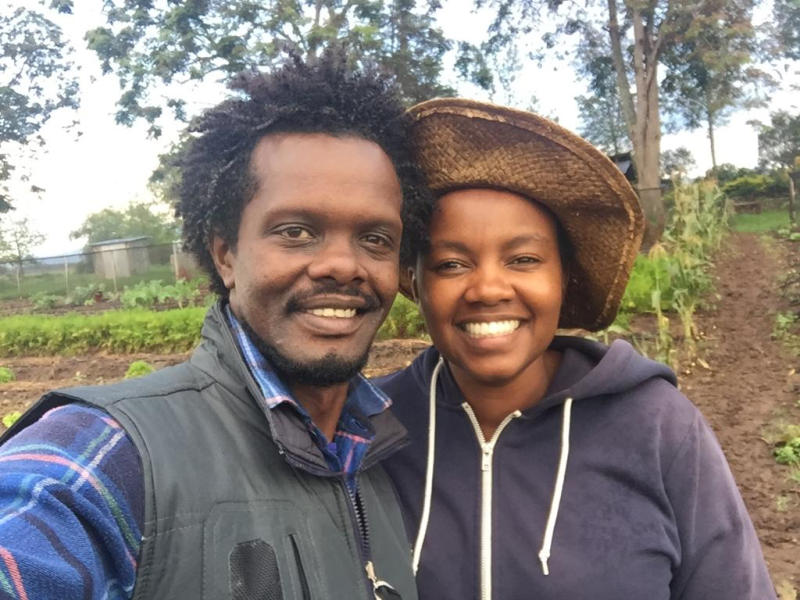×
The Standard e-Paper
Kenya’s Boldest Voice

“In that last rainy season, we lost 1,512 tomato crops, but ironically, this is when I discovered the advantage of planting a variety of produce. While the tomatoes suffered, the lettuce and coriander flourished,” says Kinyua Gachecheh, founder of the brand, Farmer Ken, a business that delivers grocery baskets directly from farm to door.
Kinyua, 43, started out as a “telephone farmer”, but quit his job in 2018, giving up a 13-year career to jump full-time into farming on a three-acre family land in Naro Moru.







